Grease trap cleaning and pumping for restaurants and facilities
We keep kitchens inspection ready with complete pump outs, clean paperwork, and a schedule that meets local rules across the east coast.



★★★★★ 5.0
from 100+ reviews
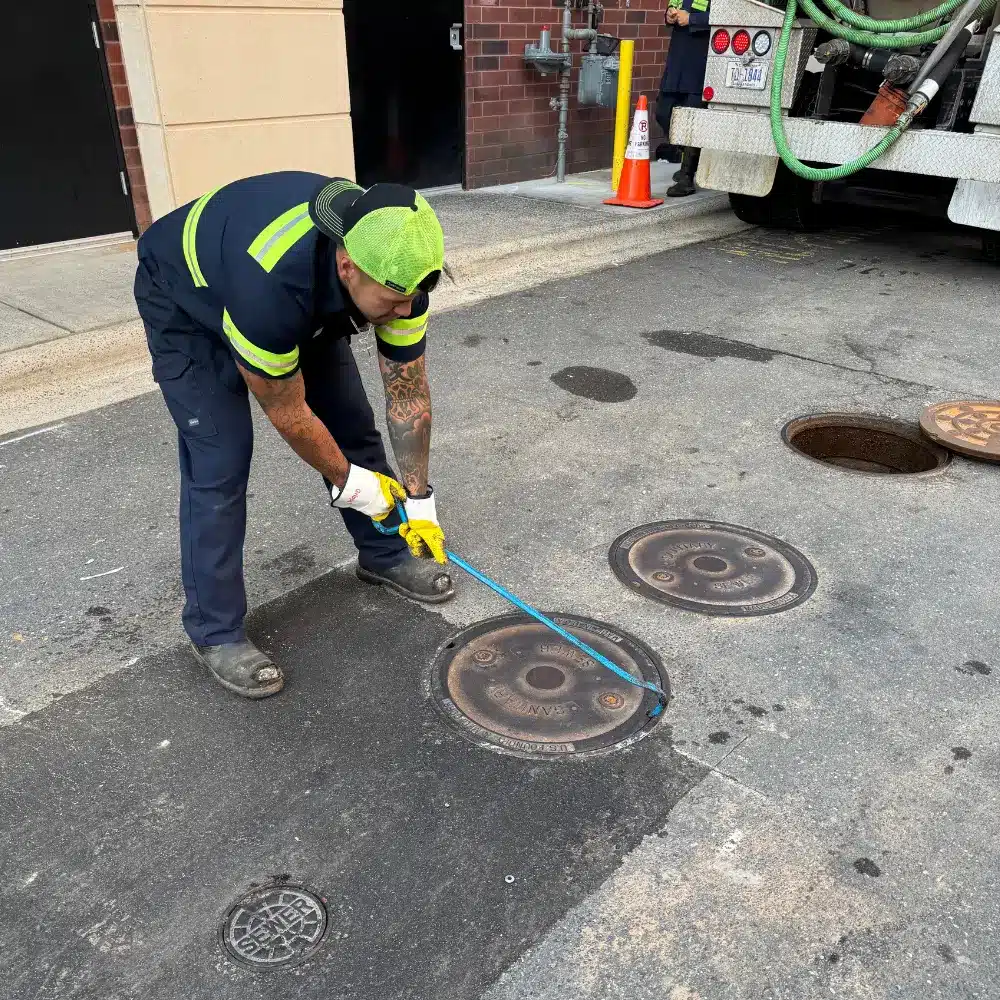
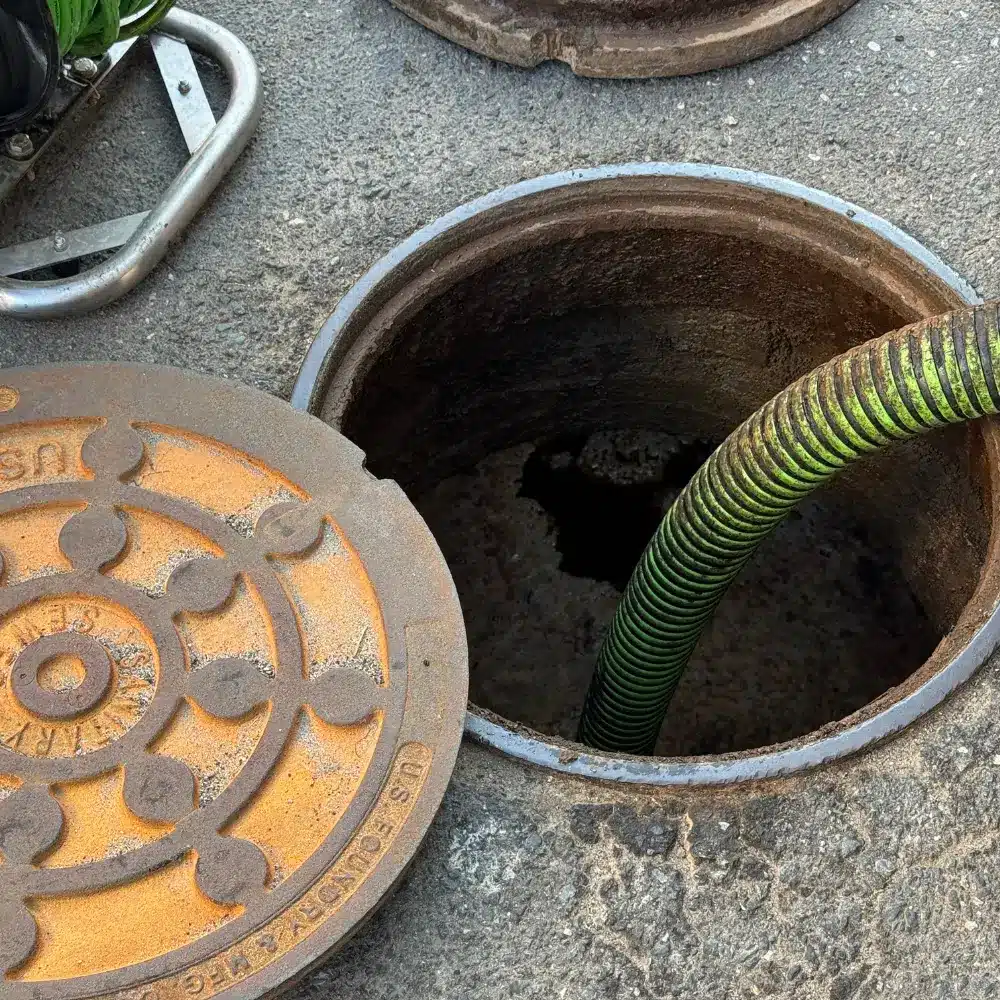
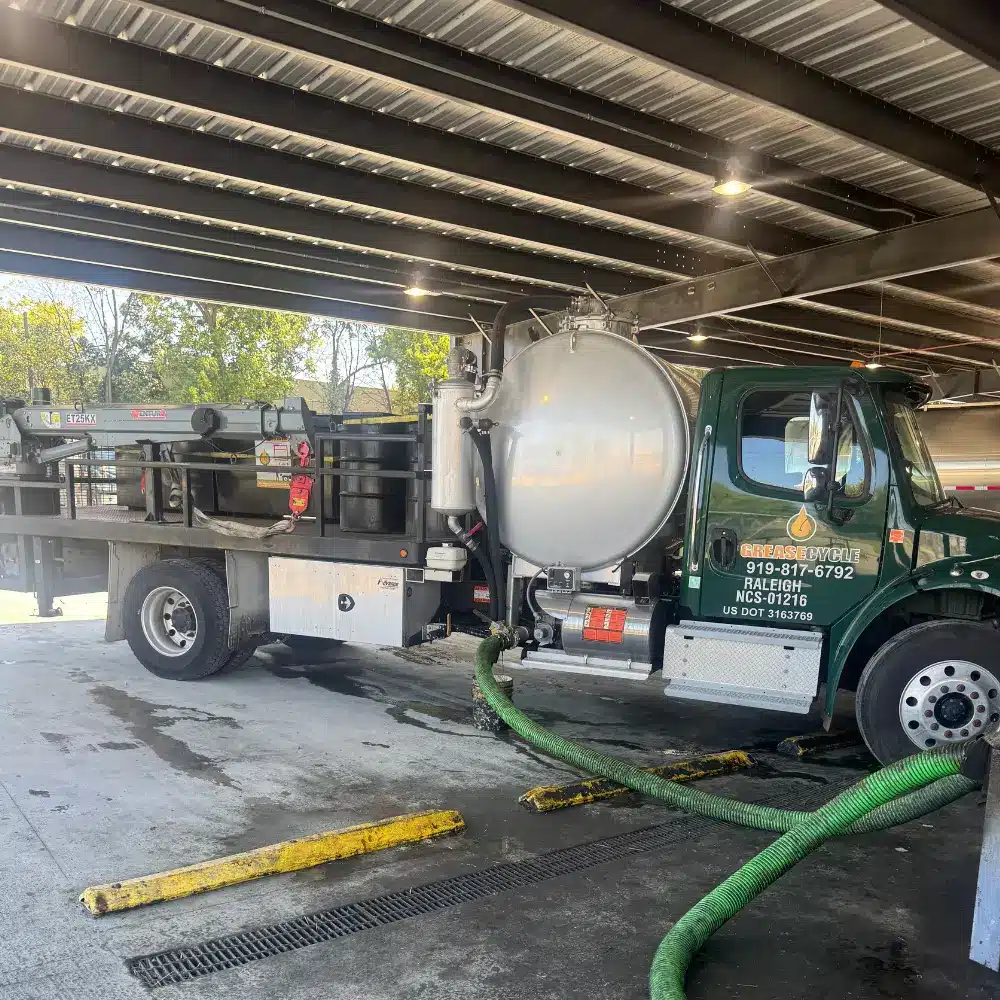
6,500+
Restauraunts Served
23M+
Gallons of UCO Recycled
80,239
Tons of Co2 Saved

For kitchens across the Carolinas
Why cleaning on schedule prevents backups
Grease hardens as it cools. When traps reach 25 percent combined grease and solids, velocity drops and food waste settles in your lines. That is when odors start and the sample port will not clear. A full pump out of all compartments, a rinse, and a quick check of inlet, outlet, and sample port keep flow steady and inspections simple.
How our program keeps you compliant
Every service follows city and state playbooks. We do full pump outs, leave a manifest with date, time, device size, volume removed, destination, and company details, and store a digital copy for three years. Our paperwork mirrors your municipalities code requirements and the NCDEQ pumping log fields, so your binder passes inspection
Download our free compliance kit with a recordkeeping checklist that matches Raleigh code, a sample manifest based on NC pumping log fields, and a simple schedule planner. Get the kit
Always a complete pump out
We remove all contents, rinse, and confirm inlet, outlet, and sample port so records match inspector expectations.
Logs that pass inspection
Paperwork shows date, time, volume removed, destination, and company details, and we store information for your records.
Scheduling you can trust
We set service based on your actual use and the strictest local rule so your kitchen stays inspection ready.
What you can do here today
For kitchen managers
- Schedule cleaning on a set cadence
- Get records that pass inspection
- Bundle used cooking oil pickups
- Add emergency pump outs when needed
- Ask for multi site pricing
For restaurants and food service
We test moisture, impurities, unsaponifiables, and free fatty acids using standard oil and fats methods. We use MIU and FFA to model the realistic oil recovery and set commercial terms.
Popular restaurant services
- Grease trap pumping and documentation
- Used cooking oil recycling with theft resistant containers
- Emergency pump outs when required

Stop Losing Money to Inadequate Grease Management
We Resopond back to you ASAP.



★★★★★ 5.0
from 100+ reviews
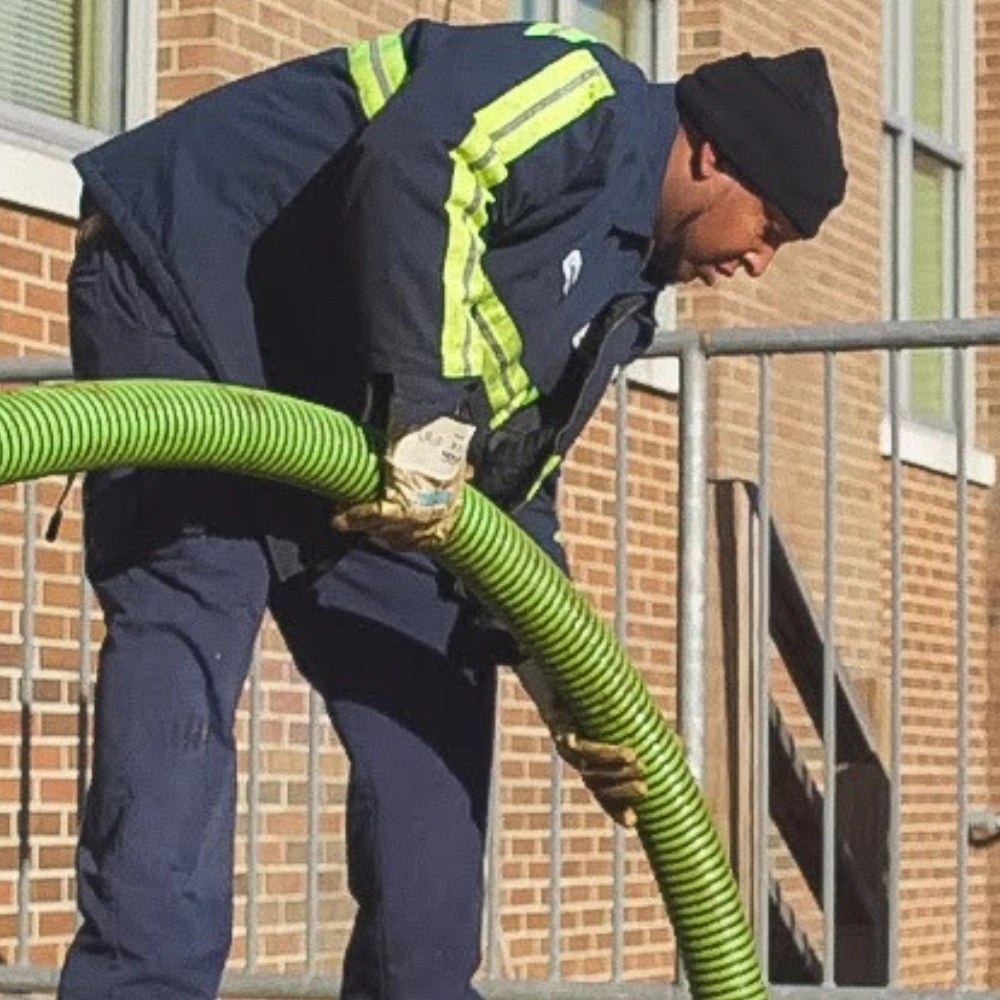
For teams that prefer proof
Why complete pump outs beat additives
Our technicians remove all contents, rinse, and check your fittings and sample port, then leave a manifest that matches the fields most programs require. That is the safe way to avoid backups and pass inspections.
Testimonials
We love our customers
Customer happiness is at the core of our business model. If our customers aren’t succeeding, we’re not succeeding. See what they’re saying below.
I have been working with greasecycle for almost a year and have no complaints. James made sure I have ample room for my disposed oil and the regular clean outs of the bins are quick and on time. If you are questioning your services now give them a call. I’m glad I did!”

Shelton Franks
★★★★★
I don’t use Greasecycle for their services, but my customers do. I have referred business to them and they have always been prompt to call back. While networking in the hospitality industry, I always ask my customers what vendors they use, Greasecycle’s name comes up most of the time, and with great feedback. Keep up the great work.

Charles Grandson
★★★★★
I love working with Greasecycle!! Family owned and operated business! Attentive and responsive to our needs as a business. I would recommend them to any restaurant who is opening up!!

Jeffrey S.
★★★★★
I’ve worked at multiple restaurants in the Cary area and we ALWAYS use Greasecycle. Their drivers are the best and we never even have to call for a pick up. I totally recommend them

Susan Miller
★★★★★
Trusted by the biggest brands on the planet
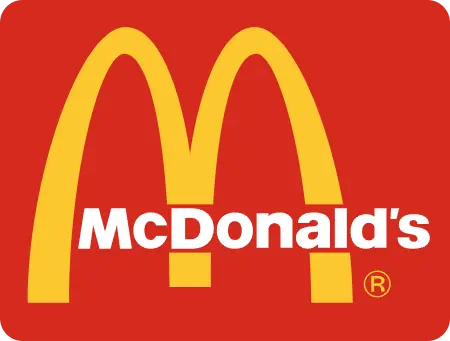
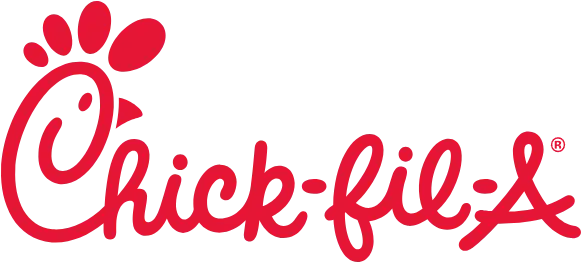
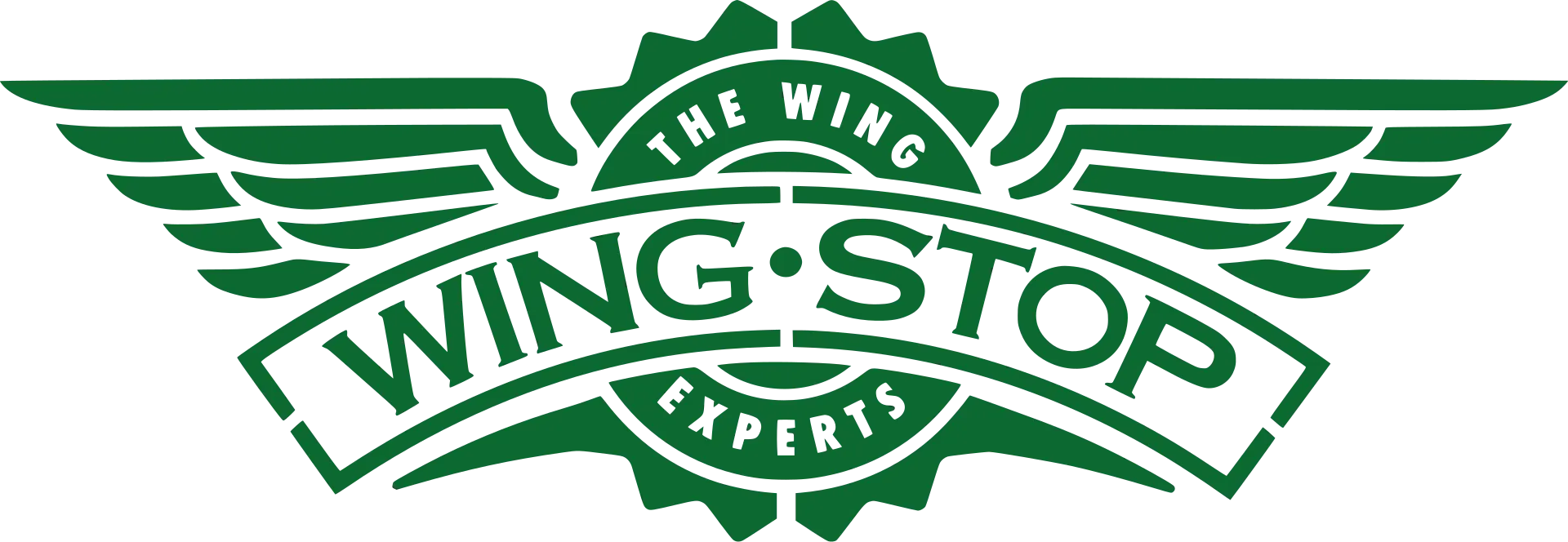

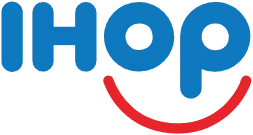
Frequently Asked
Learn about grease trap cleaning
Got a question We have you covered Use the answers below or reach out if you need something specific.
What does a grease trap cleaning include
We pump out all compartments, rinse the device, and check inlet outlet and the sample port to confirm clear flow. Before we leave, you get a signed manifest that shows date time location device details volume removed and where the material was taken. The fields mirror the state pumping log guidance inspectors use.
What must our service log include and how long should we keep it
Logs should show the service date time site address device details type and volume removed and the destination of the waste. Programs in our market expect these fields and require that records be kept on site and available for review. Raleigh’s design guidance calls for three year retention, and nearby programs publish the same standard.
Can our staff clean the interceptor or return contents to the device
In North Carolina anyone who pumps transports treats or disposes of septage must hold a Septage Management Firm permit. Also, state rules say grease septage shall not be introduced or reintroduced into a grease interceptor or trap. Most restaurants choose a permitted hauler so they stay compliant with both requirements.

Still have questions?
Talk to us
